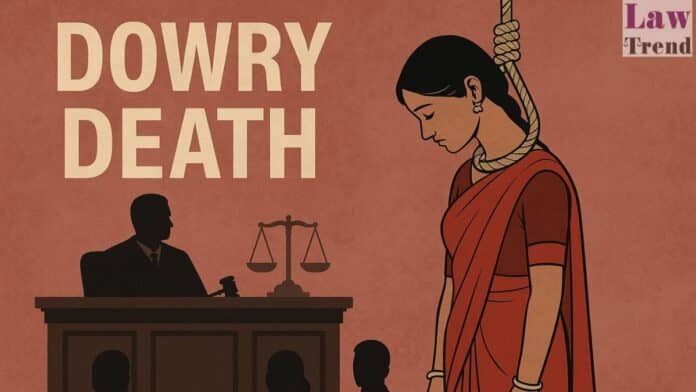The Gujarat High Court has ruled that a demand for money to meet legal expenses for a bail application does not constitute a “dowry” demand under the Indian Penal Code. A Division Bench of Justice Cheekati Manavendranath Roy and Justice D. M. Vyas upheld the acquittal of four family members, citing the prosecution’s failure to
To Read More Please Subscribe to VIP Membership for Unlimited Access to All the Articles, Download Available Copies of Judgments/Order, Acess to Central/State Bare Acts, Advertisement Free Content, Access to More than 4000 Legal Drafts( Readymade Editable Formats of Suits, Petitions, Writs, Legal Notices, Divorce Petitions, 138 Notices, Bail Applications etc.) in Hindi and English.




